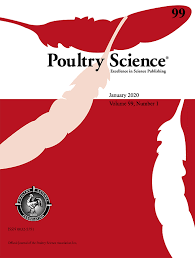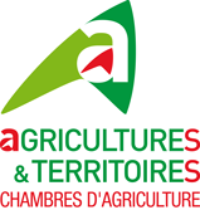Document type: Article published on The Cattle Site
Authors: The Cattle Site
Preview: The release of the RSPCA's revised animal welfare Standard for dairy calves means forward-thinking brands and producers have an opportunity to be the first to offer RSPCA Approved veal or beef to the Australian market.
With a focus on raising non-replacement dairy calves to an older age, the RSPCA is looking to work closely with farmers and brands through the RSPCA Approved Farming Scheme, certifying farms that raise calves to its higher animal welfare standards.
RSPCA Australia Senior Scientific Officer (Farm Animals) Melina Tensen said the RSPCA had developed the higher welfare Standard for dairy calves with input from industry and individual producers.
"It's important we understand the opportunities and challenges associated with raising non replacement dairy calves for beef," said Ms Tensen.
"Many Australians consume dairy products regularly but don't realise that for a dairy cow to produce milk, she must have a calf every year. The calves that aren't raised to become part of the dairy herd are generally viewed as a by-product of milk production and sent to slaughter at a few days old.
While that's a reality of milk production, there are steps we can take to make the process more humane."
By considering the commercial realities associated with farming in Australia as well as the animal welfare science, the RSPCA's Standard for dairy calves gives farmers a practical avenue to raise calves to higher animal welfare standards and receive a recognised certification that's sought after by consumers. […]
The key aspects of the RSPCA Approved Farming Scheme Standard - Dairy Calves include providing for the calf's innate behavioural needs (for example, the ability to suckle, chew and ruminate); low-stress animal handling; providing sufficient quantity and quality of colostrum and milk feeding; group housing with deep bedding in sheds; access to a paddock from at least eight weeks of age; ensuring calves are at least 10 days old before they are transported; and practices such as tethering, dehorning, hot iron branding, and nose rings are not permitted.
More information about the RSPCA Approved Farming Scheme, including the RSPCA's Standard for dairy calves is available here






